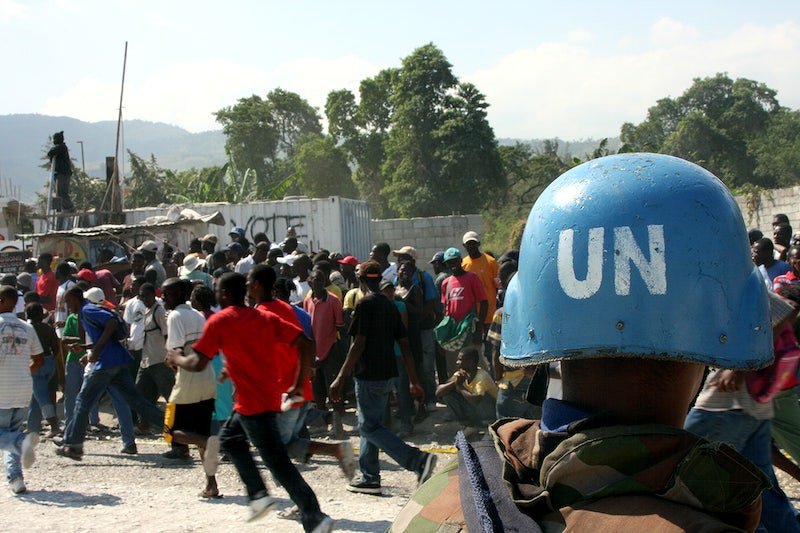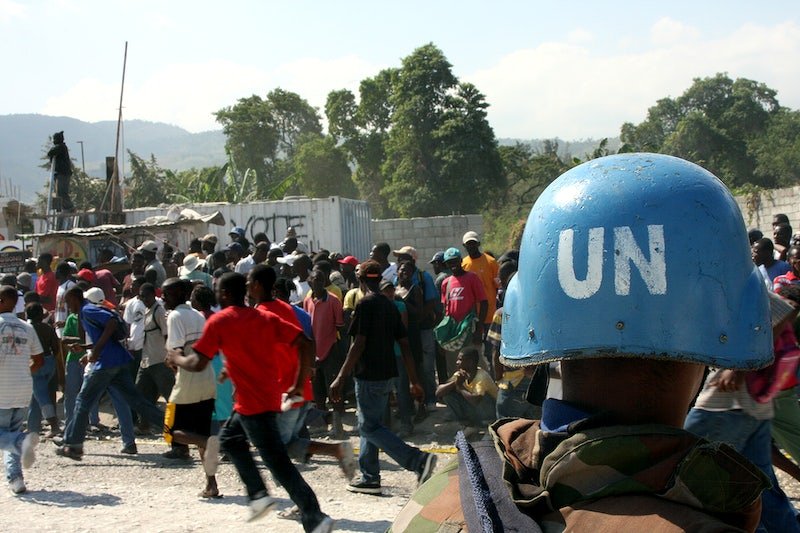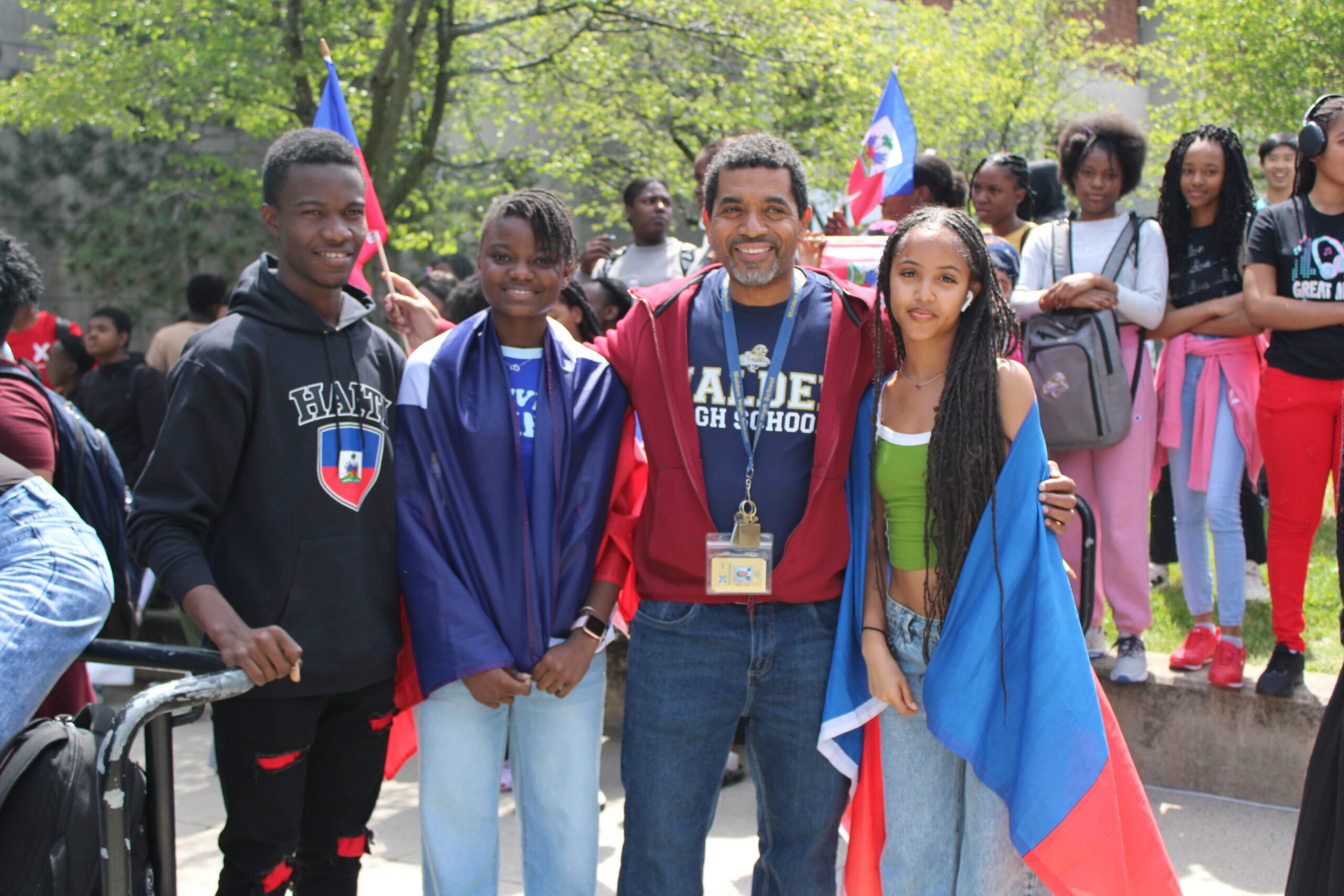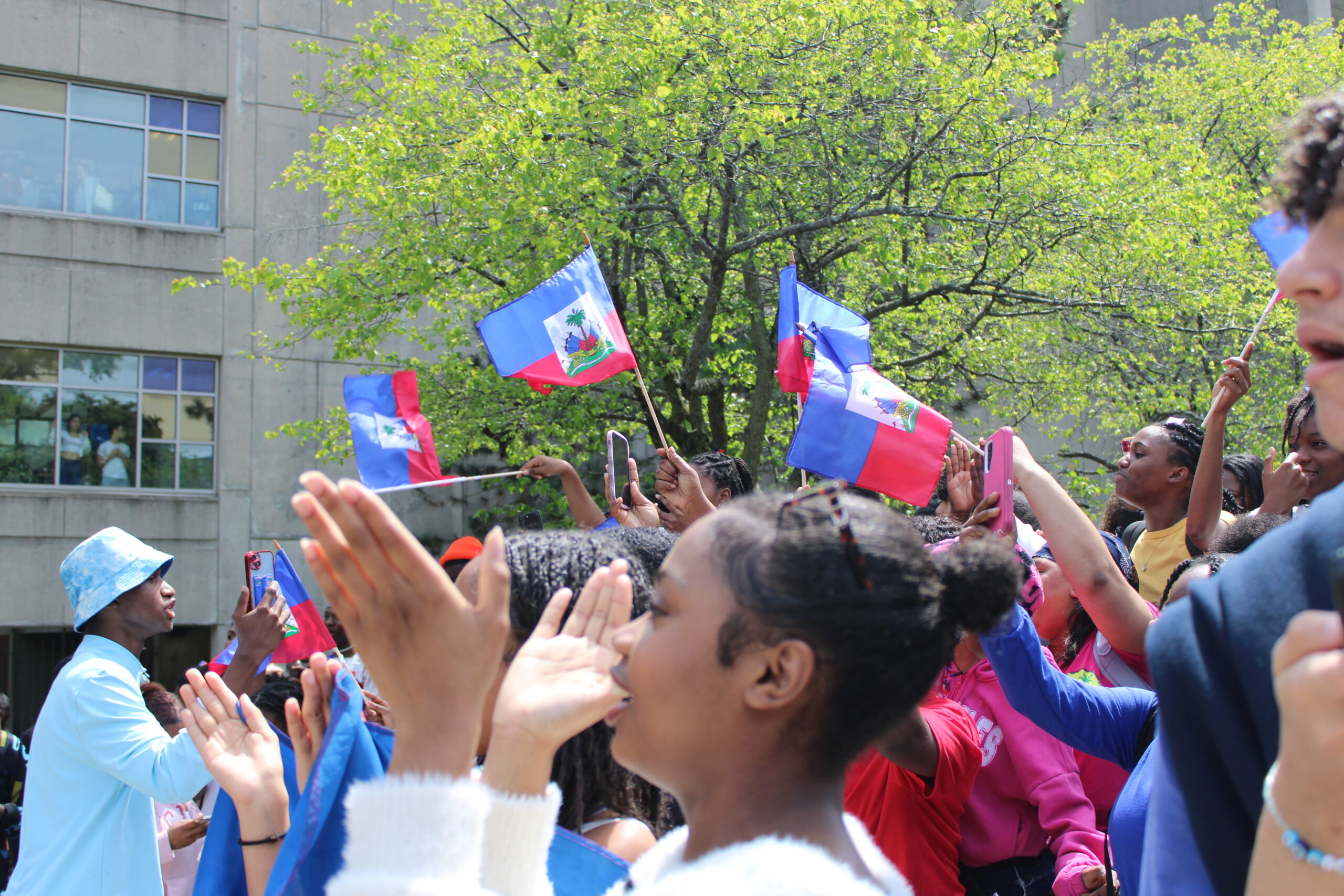
Currently, Haiti is facing a major crisis as the rise of gang violence throughout Haiti has now become a more prominent issue, attracting attention from the United Nations. Haiti has faced many problems with violence throughout history, but since the assassination of former president Jovenel Moise in 2021, the country has been left without a functioning government.

With the lack of government and the weakening of National Police forces, gangs have overrun the capital Port-au-Prince. According to VOA News “Explainer: What Led to Haiti’s Current Unrest and Gang Violence?”, these gangs now control about 80% of Port-au-Prince, leading to a major uprising of gang violence throughout the country. The violence forced the shutdown of Haiti’s main airport, which has recently reopened.
As stated in The New York Times article “Cataclysmic Situation in Haiti Leaves 1,500 Dead in Gang Violence”, gangs have not only taken over most of the capital, but they have destroyed police and government offices, looted banks, and kidnapped and killed dozens of people. “Gang violence has now killed more than 1,500 people in Haiti this year,” reported the United Nations human rights office.
The article continues to explain the current situation in Haiti has now become the worst violence since the early 1990s military dictatorship, stated William O’Neil, a UN human rights expert who has worked extensively in Haiti. Many countries (such as the United States, France, and Canada) have evacuated hundreds of stranded citizens on emergency flights. The United Nations continues sending aid and holds meetings to discuss the crisis.
As families in Haiti flee for safety, many Haitian families that are away from the violence are struck with a terrifying question: Are my family okay? According to bostonplans.org, about 86,000 Haitians are living in Massachusetts. At MHS there are currently about 230 Haitian students, who might worry about the well-being of their families in Haiti every day.

“I have a lot of family in Haiti, and I’m worried sick every single day. Having been born and grown up in Haiti, I have watched it go from peaceful to violent and heavily unstable. I experienced not going to school in person for months because it was unsafe. Constantly hearing gun sounds outside and people I know getting kidnapped and killed even,” said junior Thalia Louigene.
Many other Haitian students have a very similar experience: junior Dulmiah “Miah” Amiscar is one of them. “When I moved to a place somewhat quieter, every night there were a lot of gunshots firing and every day I went to school,” Amiscar continued, “It’s very scary when in the radio you always hear people getting kidnapped left and right. Ever since I left the country in 2019, it has gotten much worse.”
“My dad always says that we are a country that has been taken advantage of for centuries by colonizers and that has never truly stopped. The instability right now is rooted in a long history of gang violence, and economic and government corruption,” mentioned Louigene.
Due to how sensitive the topic is, many teachers who know or teach Haitian students are unsure how to address it. “I’ve had conversations with Mr. Charles about it. We’re not even sure how much we want to mention it at school just because we feel like maybe students hear enough about it from their parents worrying about people back at home,” said Paul Degenkolb, advisor of the Haitian club.
Despite the different experiences people have faced related to the situation, there is one common theme as to what they hope for Haiti: for Haiti to go back to how amazing it once was and for the government to improve.

“I would love to see the country change and be either like or better than the other Caribbean countries that are out there in terms of safety,” said Jean Charles, the Brunelli House Principal.
“All I can do is hope for change in some way and hope my family can come to the US where they would feel safer,” stated Amiscar.
“I hope for a huge change in Haiti, a change in government especially. I want it to be the same place my parents loved so much,” said freshman Laurene Pierre.
For more information about the crisis in Haiti, you can visit: https://www.bbc.com/news/world-latin-america-68722178
https://apnews.com/article/haiti-migration-violence-gangs-9283c96bc990827e6c020f6c59710be6




